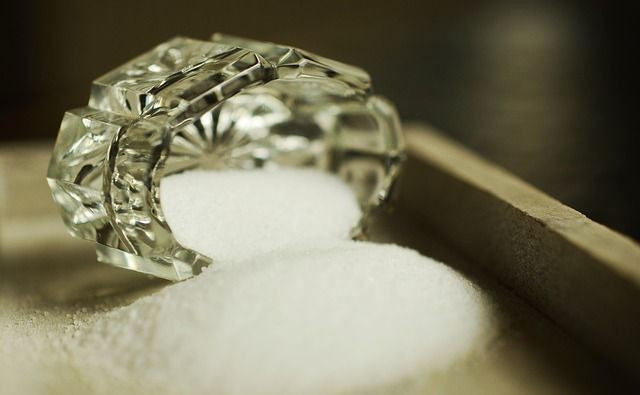Too Much Salt Is Bad For You: Fact Or Myth? The Latest Studies.


This question originally appeared on Quora. Answer by Robert Frost.
The body is very good at maintaining osmolarity -- the amount of solute per unit volume. Vasopressin and aldosterone are two hormones that actively control osmolarity by sending commands to the kidneys.
If excess sodium is present (e.g. via ingestion), those hormones will work with the kidneys to retain water to maintain the desired osmolarity. It is actually this increase in water that temporarily increases blood pressure . Increased amount of water inside blood vessels pushes out on the walls of those vessels. In fact, studies show that in older people and those with autonomic failure, just drinking a large amount of pure water will temporarily increase blood pressure.
So, as regards salt consumption and health effects - the theory is that frequent ingestion of salt would mean frequent temporary increases in blood pressure because of water retention which would contribute to hypertension and thus contribute to risk of stroke.
However, while the theory may be true - there is not a lot of convincing evidence that this theory is true, nor is there convincing evidence that a low sodium diet is healthy in the long term. Sodium is not evil - it is essential for a healthy operating body.
The idea that we should reduce salt consumption became popular about 40 years ago, based on observations that some populations that consumed less salt also had less hypertension. But correlation is not necessarily causality . There were many differences in the diets of the observed populations. The theory gained support from a 2001 study called DASH that monitored subjects for 30 days - but that study only demonstrated that a reduction in salt intake could result in a reduction in blood pressure. It did not connect salt intake to hypertension or stroke.
Meanwhile, other studies have shown that reduction in salt intake can result in an increase of renin secretion by the kidneys and it is believed that increased renin levels can increase the risk of heart disease mortality. A recent study indicates that the other half of that salt molecule may be important for heart health. That study indicated that a reduction in chloride intake can increase mortality in heart disease.
Last summer, a report from the US Institute of Medicine suggested there is insufficient evidence to support public health warnings that adults should limit their salt intake to about one teaspoon, or 2,500 milligrams a day. That report cites studies showing possible harmful effects of both high (7000 mg) and low sodium intake. It also cites an Italian study showing that for patients with congestive heart failure, those with low sodium intake had three times as many hospital readmissions and were twice as likely to die than similar patients with high sodium intake.
More from Quora:



























